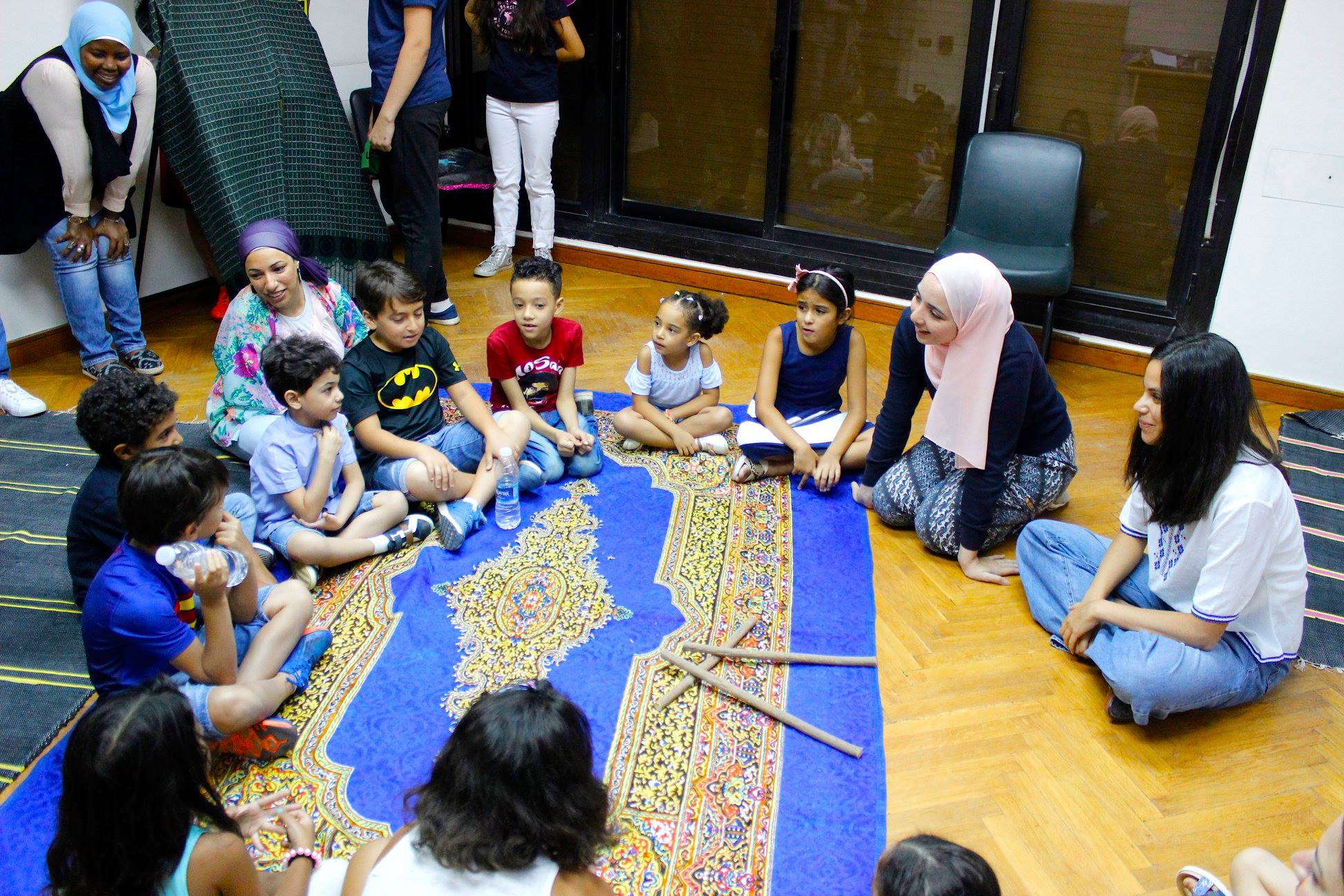After realizing that the quality of Egyptian orphanages were subpar, Wataneya Society began in 2008 with the sole purpose of improving the quality of care and living standards of Egypt’s orphaned youth. “In the beginning it was very difficult, because we were fighting for quality standards and no one understood what that meant. In Egypt, when we say [taking care of the] orphans, it refers to celebrations like orphans day, giving them food, clothes and that was it,” Yasmine El Hagary, Deputy Executive Director of Wataneya Society shares before adding that “Development is different than charity, and it takes time but it is more effective. It is more beneficial for the children with long-term effects as opposed to a hit and run event, party or trip.” For projects to have a trackable impact, they need to be implemented for a few years. In an attempt to introduce this concept in Egypt, Wataneya Society collaborated with the Swiss NGO Drosos Foundation and launched “Quality of Care for Children without Parental Care” project. The five year project aimed to improve the capacities of institutional care homes by collaborating with the Egyptian Ministry…
How Wataneya is Influencing the Children Without Parental Care Sector in Egypt
February 8, 2019



